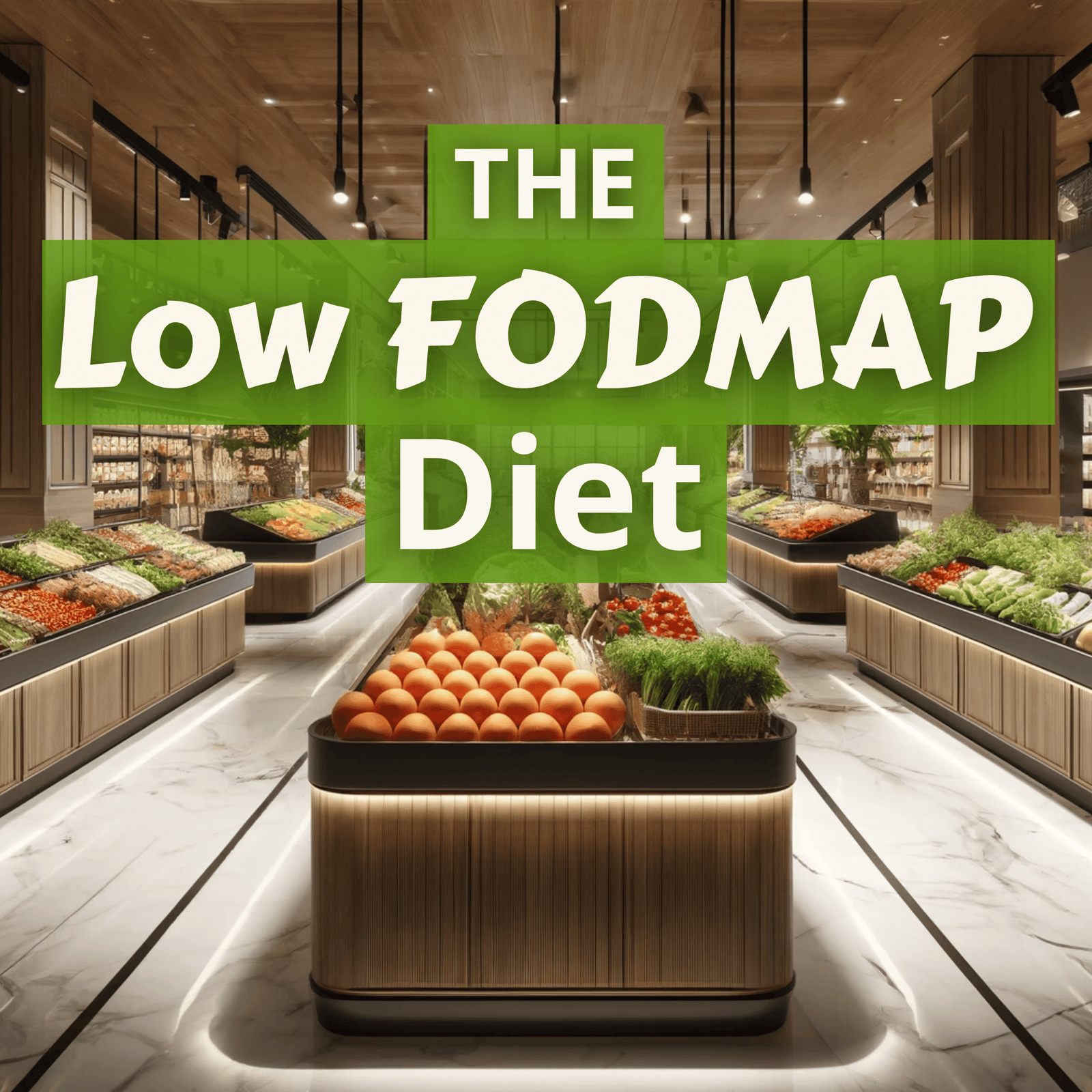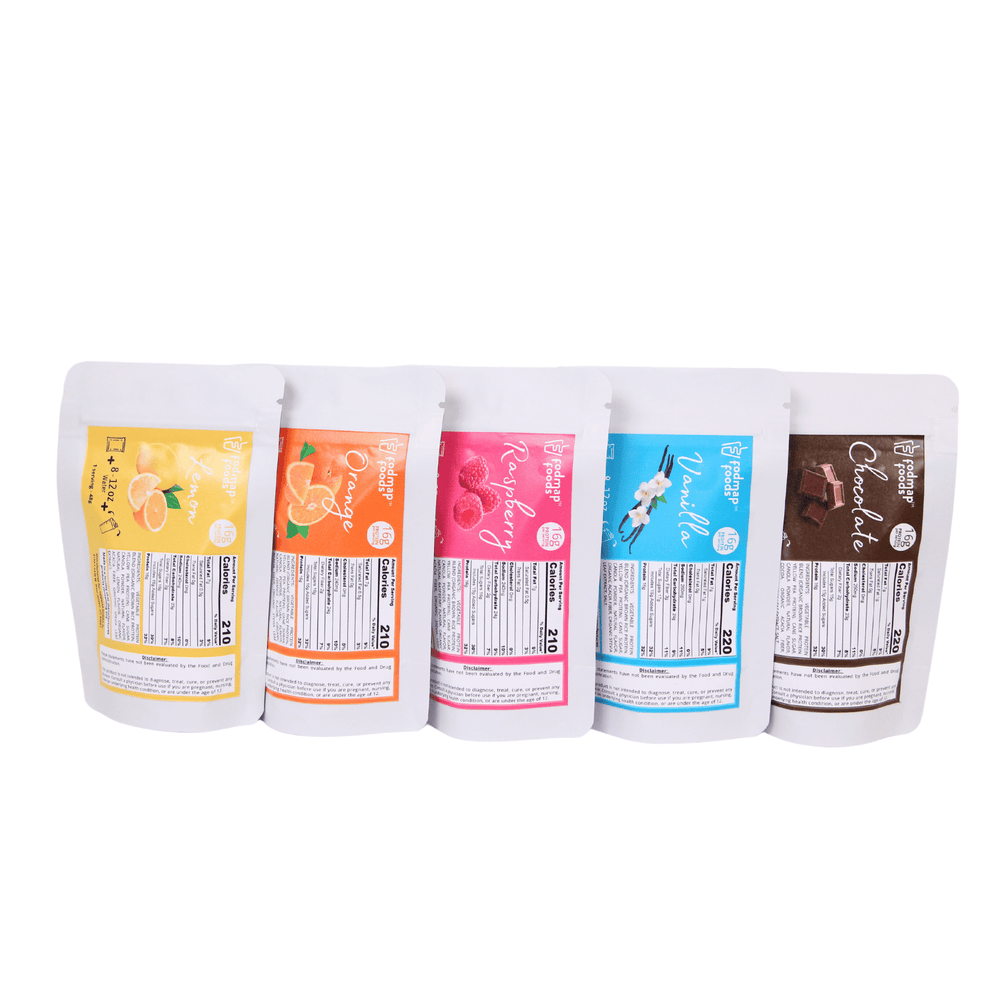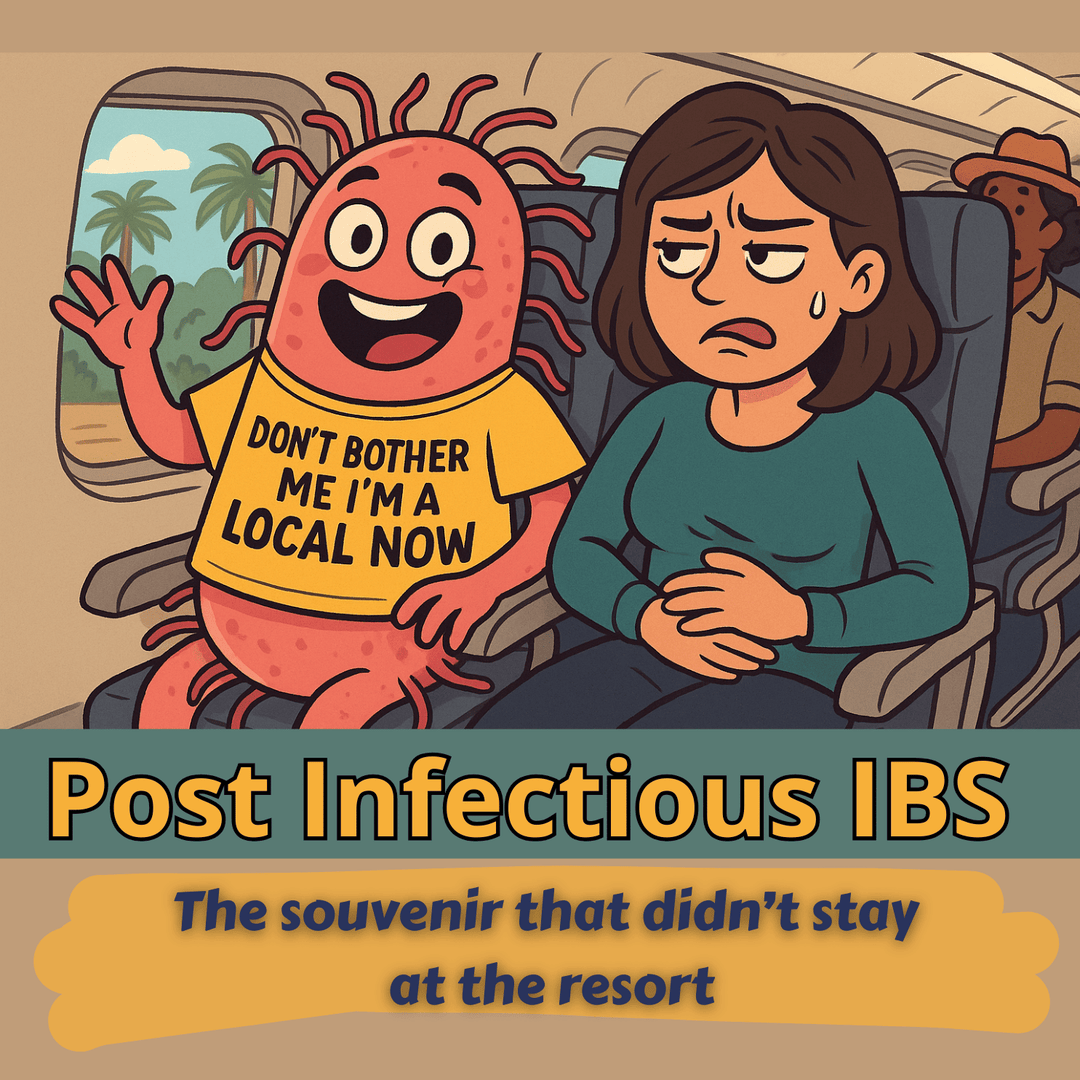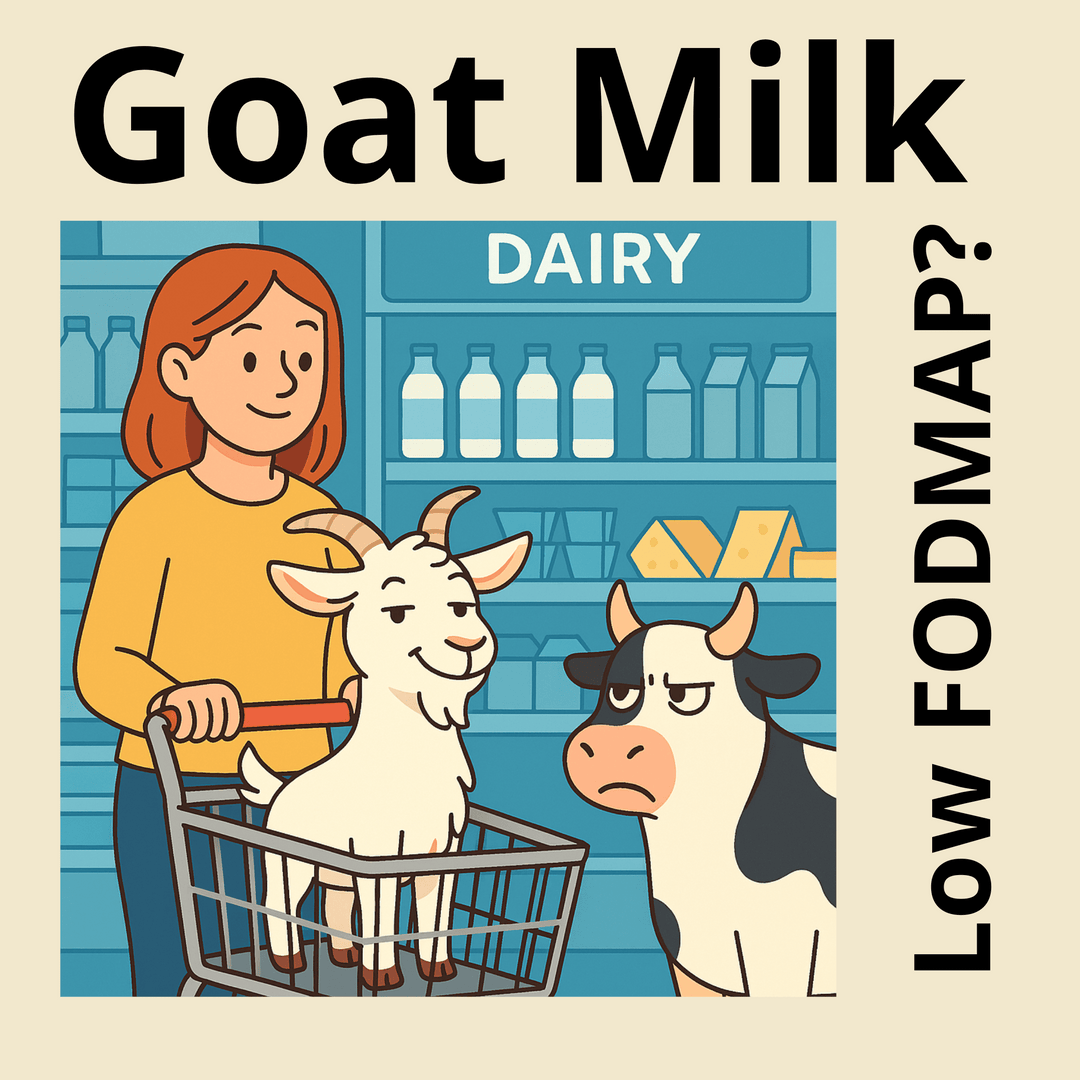The Low FODMAP diet and IBS


The low-FODMAP diet is currently considered one of the most effective treatments for managing symptoms of irritable bowel syndrome (IBS). Multiple high-quality studies have demonstrated its scientific benefits in decreasing IBS symptoms. One study [1] found that a low-FODMAP diet made IBS symptoms much better compared to a regular IBS diet. Another study[2] showed that the low-FODMAP diet was the best at reducing overall IBS symptoms, stomach pain, and bloating compared to other diets.
What is the diet?
The diet consists of three phases: restriction (lasting no more than 4-6 weeks), reintroduction of FODMAP foods, and personalization based on reintroduction results.
Each of these phases allows you to learn more about having a great relationship with your digestive tract. The real goal is to help you learn the foods that are ruining your relationship with one of your best friends, gut. Just like any relationship if you ignore things that the other person doesn't like, things may get hateful. If you can compromise and work together then you will have a bestie for life.
How to get started
Lots of education is the right place to start. Some doctors will give you a handout that says good and bad food. This is great to give you a general idea but not really the right way to do the diet. This diet may be a little intense or seem overwhelming. This is OK to feel this way. Why? Because you are going to learn a lot and you can make eating better.
There are great resources like FODMAP Everyday, A little bit yummy, and the Monash University app. These have helpful tips, education, and resources of how other people have found success. If you can, get an IBS-certified dietitian or nutritionist. This can make your life so much easier. They are expensive at first glance but when you think of it like taking a class on how to enjoy life more, this is a great investment. They can help you be successful with the low FODMAP diet by giving you personalized advice and support. They can teach people which foods to eat and which to avoid to reduce IBS symptoms. These experts can create meal plans that fit each person's tastes and lifestyle, making it easier to stick to the diet. They also provide tips on reading food labels and finding low FODMAP options at the grocery store. With their guidance, you can feel better and enjoy their meals without worrying about IBS flare-ups.
Recap
In summary, considering the statistical benefits and the strong evidence base, the low-FODMAP diet is currently the best treatment for reducing IBS symptoms. It is recommended to be implemented under the guidance of a dietitian to ensure proper adherence and to avoid potential nutritional deficiencies
The Science
1. Low Fermentable Oligosaccharides, Disaccharides, Monosaccharides and Polyols (FODMAP) Diet Improves Symptoms in Adults Suffering From Irritable Bowel Syndrome (IBS) Compared to Standard IBS Diet: A Meta-Analysis of Clinical Studies. Varjú P, Farkas N, Hegyi P, et al. PloS One. 2017;12(8):e0182942. doi:10.1371/journal.pone.0182942. Copyright License: CC BY
3. AGA Clinical Practice Update on the Role of Diet in Irritable Bowel Syndrome: Expert Review. Chey WD, Hashash JG, Manning L, Chang L. Gastroenterology. 2022;162(6):1737-1745.e5. doi:10.1053/j.gastro.2021.12.248.









Leave a comment